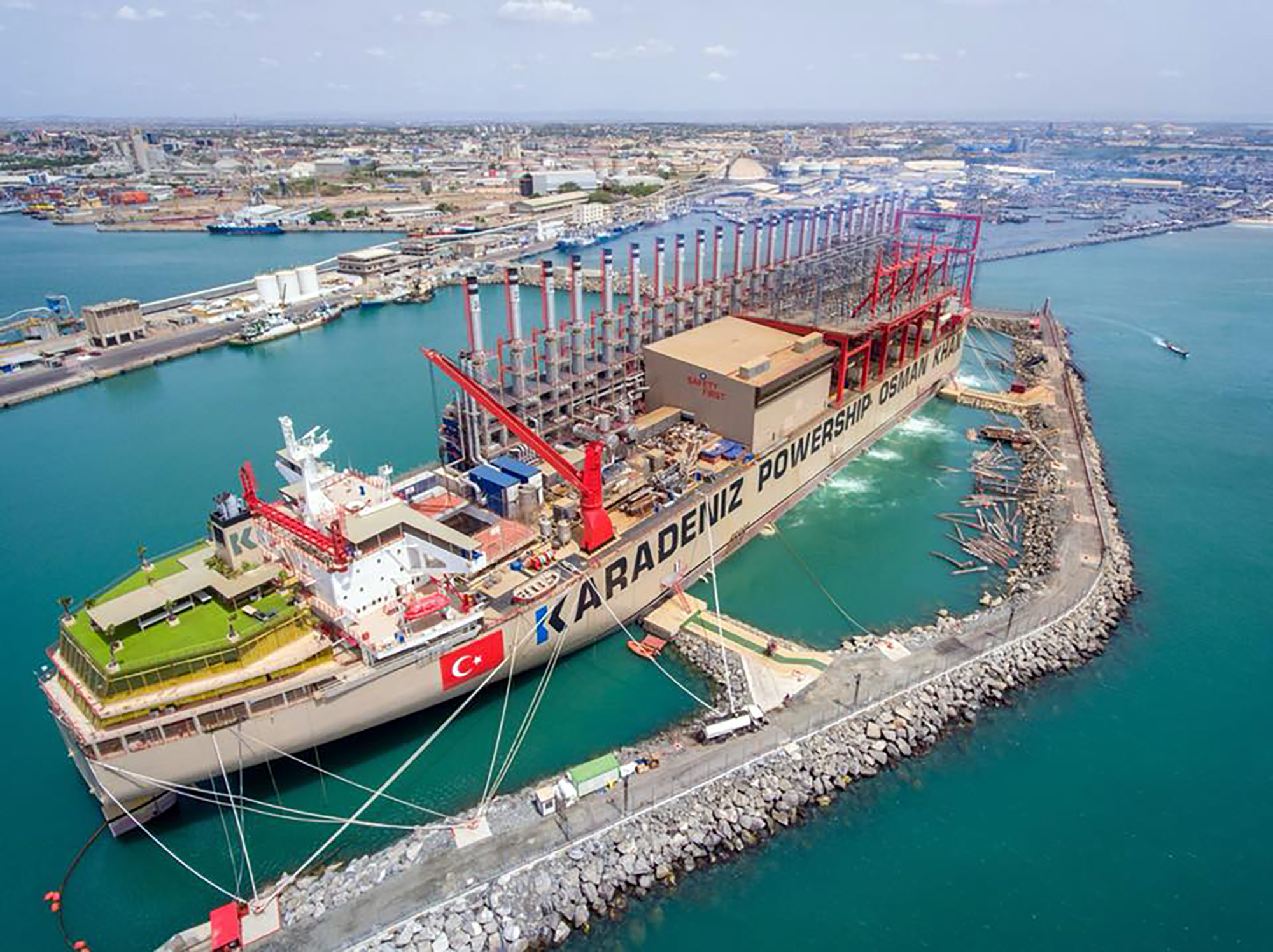The Gauteng Division of the High Court in Pretoria has formally cancelled the three South African “emergency power” contracts of the Turkish Karpowership company, nearly a year after two senior government ministers verbally signalled the end to one of South Africa’s most controversial electrical power generation agreements.
Following a legal settlement agreement reached between the Organisation Undoing Tax Abuse (Outa) and the National Energy Regulator of South Africa (Nersa) on 31 July, the high court has formally set aside the power generation licences granted by Nersa to the Istanbul-based floating powerships company.
The agreement recognises that any further court action by Outa to review the legality of the licence awards had become “academic” after it emerged that the minister of mineral and energy resources advised Karpowership in writing on 29 September 2024 that the multibillion-rand deal had been terminated due to Karpowership's failure to reach commercial close or to meet deadlines as a preferred bidder for the power supply contracts.
In October 2024, Electricity Minister Kgosientsho Ramokgopa and Environment Minister Dion George both indicated verbally that the deal was dead in the water — but some civil society organisations nevertheless called for iron-clad assurances that the deal was at an end.
At the time, The Green Connection environmental justice group asked: “Why, if the Karpowership deal is truly off the table, is the government still opposing The Green Connection and Outa’s court cases?”
The Centre for Environmental Rights law clinic in Cape Town had also called for further reassurances from the government, while Karpowership did not acknowledge or respond to requests for clarity.
The plan to moor several floating, gas-powered powerships in Richards Bay, Coega and Saldanha harbours came to light nearly five years ago when Daily Maverick exposed the apparent abuse of an emergency procedure to sidestep environmental authorisation procedures during the Covid-19 crisis.
A senior Council for Scientific and Industrial Research engineer later estimated that the gas-to-electricity project could cost taxpayers more than R200-billion over 20 years.
This week, in the high court, the final nail appears to have been hammered into the coffin of the South African Karpowership plan following the official cancellation of the power generation licence granted by Nersa, the full terms of which were not disclosed.
In a media statement on 31 July, Outa noted that it had filed legal papers in April 2022 calling on the high court to review Nersa’s decisions to grant the licences.
This led to a three-year fight, including a long dispute over access to documents.
“Outa believes this case contributed significantly to the collapse of the Karpowership deals, as Eskom eventually cancelled the grid access. The removal of the generation licences is the final end of this deal. Outa regards this as a significant legal victory, and a huge victory for the public.
“The Karpowership deals are now absolutely dead. It will never be loaded on to your electricity bill,” said Outa’s executive director, advocate Stefanie Fick.
“This ruling is a powerful affirmation that decisions involving billions in public funds must comply with the law. We challenged this process because the public deserves transparency, proper oversight and value for money, none of which were present in this licensing saga.”
Nersa and Karpowership have not responded to requests for comment on the legal ruling, but any comments will be added when received. DM




 A Turkish Karpowership. (Photo: Karpowership)
A Turkish Karpowership. (Photo: Karpowership)